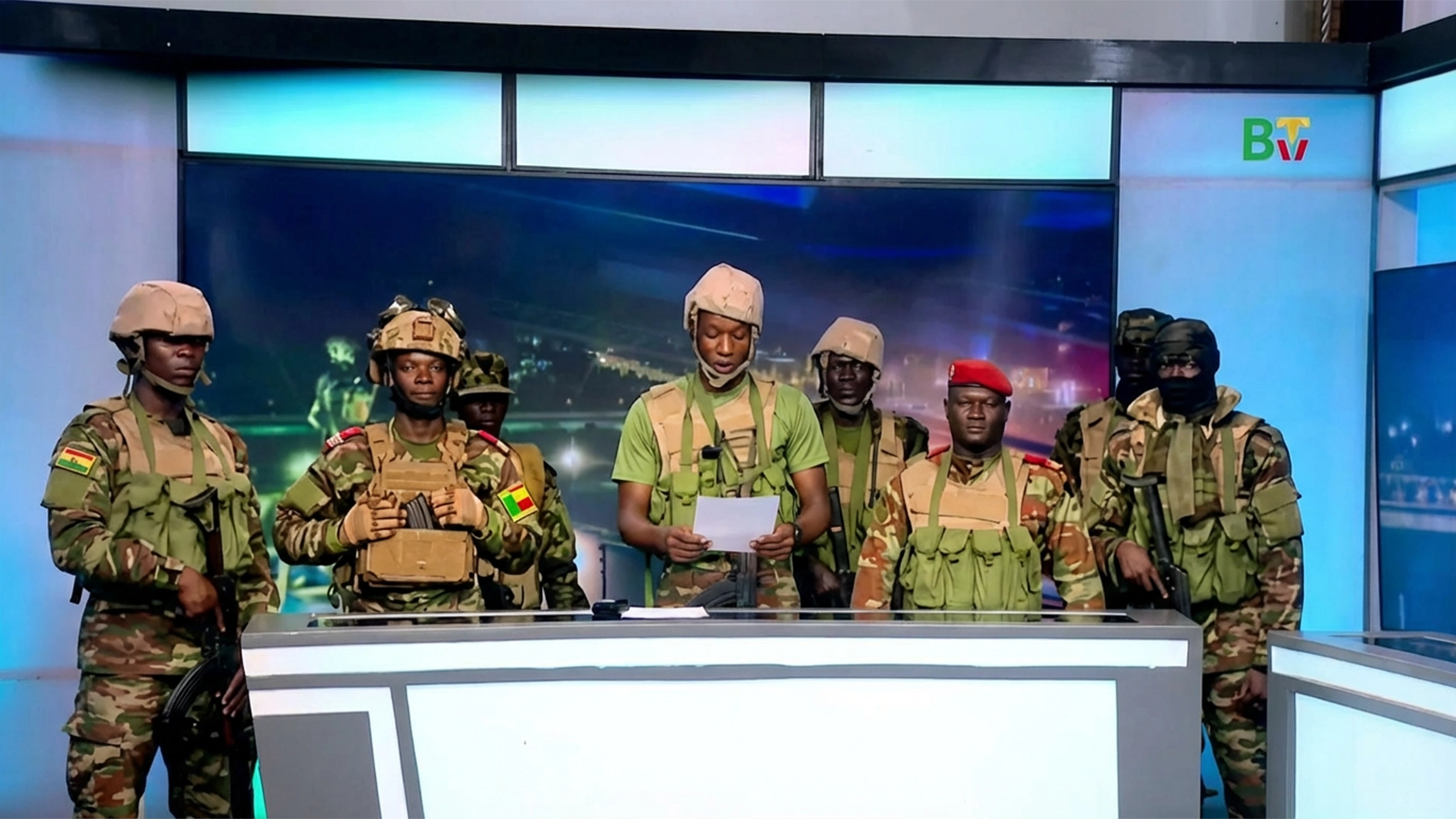
At the last count, there were, between the two major political parties, 23 persons aspiring to be president of the Federal Republic of Nigeria in a free and fair election. There are of course persons in other parties who have expressed intention to run, including two women.
On the face of it, the number (and still growing) of interested Nigerians to run their country should indicate a concern for the fast worsening condition of their country, and a patriotic fervor to save it. And, given the enormous responsibility of this highest office in the land, it is reasonable to expect that aspirants have, on the one hand, given the deepest and broadest consideration to the assignment they seek to take on, and on the other, are comprehensively well prepared. Alas, from the utterances, body language, and even behaviour of not a few of the crowd of ‘wannabes’ there is cause to worry about the qualification of some for the job.
The core of true and effective leadership is, of course, integrity in every meaning of the word. Moral uprightness, or in one word, rectitude is a sine qua non for a leader to be trusted. In the words of former U.S. President F.D. Roosevelt, ‘‘The Presidency is not merely an administrative office. That is the least of it. It is pre-eminently a place of moral leadership.’’
Nigerians want to see an aspirant that earns their vote first, on the strength of credibility. What they see, generally now is both disturbing and disheartening. One example: if a candidate asks to be voted into office on the manifesto of a particular party, he lacks any moral right to, without the recourse to the voters, move to another party with a different set of promises. That is dishonesty and crass opportunism. Similarly, no person is worthy to lead this country who, like a fair-weather member, engages in ‘party shopping’ for where, in a manner of speaking, his bread can be better buttered. He who jumps from one political party founded on a particular set of principles and ideology of governance, to another that may be completely at variance with the former is unreliable, untrustworthy, and unfit for leadership. He lacks integrity.
Nigerians want a leader they can trust to keep promises, and to demonstrably show why he is unable to, since leaders are not gods and cannot always see what the future holds. In short, an aspirant to presidency of Nigeria must walk his talk, not one to speak from both sides of the mouth; to see a devil today and for reason of gain, call it an angel tomorrow. But this also applies, unreservedly, to political parties and the manifestoes they freely, without compulsion, offer to the electorate. Nigerians read the written commitments made during campaigns and cannot believe what they see done, and left undone by their government. The capacity of government to act dishonourably is frightening.
Given their past that any serious researcher can dig up, how many of those seeking to be president can in all honesty claim the moral high ground to rule over the rest of us, to manage transparently, the affairs of this diverse and materially blessed country? It is easy for the average citizen who has witnessed the performance in other public assignments of many in the race to conclude, rightly, that they are simply unfit for higher responsibility. For the even more discerning citizen with an intellectual bent, diligent and objective research into the background of aspirants will easily define who has – or has no- business with the presidency of this country. The point to make in sum is that good character is the primary foundation upon which the next president must stand to be able to govern according to the Constitution. Regrettably, many in the running do not meet the high standard of rectitude required for the job of president.
PDP National Publicity Secretary, Debo Ologunagba is reported to see the many aspirants from his party as an indication of its capability to rescue Nigeria. ‘The more the merrier’ he said. There is absolutely no logic in this postulation. But, aside such trivialisation of a weighty matter, it is pertinent to ask: is the task of governing Nigeria so appealingly easy as to attract so many?
It may appear –deceptively – so as outlined in the clear and brief words of Section 130 (2) of the 1999 Constitution that ‘‘The President shall be the Head of State, the Chief Executive of the Federation and Commander -in-Chief of the Armed Forces of the Federation.’’ But the job of the President as head of the Federal Government is certainly not easy if taken, first, in the context of a chief executive of a 200 million strong multi-nation country of 36 federating states spread across nearly a million square kilometers; second, in context of the oath of office of a president to ‘… do right to all manner of people according to law, without fear or favour, affection or ill-will…’, and third, in the context of Section 14(2) (b) that says ‘the security and welfare of the people shall be the primary purpose of government.’ For anyone who wants to do a good job of it, presiding over Nigeria cannot at all be ‘walk in the park’. It calls for character, competence, and courage.
Take security. It is, right now, the most pressing challenge to the corporate existence of Nigeria. The sitting government does not seem to grasp the enormity of the problem, or if it does, acts like one unwilling or at a loss for what to do. Insecurity poses, to use a cliché, a clear and present danger to the country and its people. There is no day that, under the watch of this All Progressives Party (APC) government, human blood is not spilt in the most horrendous manner. The life of a Nigerian citizen in this 2022 is so cheap, so dispensable and the human person has become so forgettable. Premium Times, an online news medium calculated that 486 people were killed across Nigeria by criminals in the first three weeks of this year and a joint report issued by three civil society groups said that 1,545 Nigerians were killed in the first three months of 2022. And the situation gets worse by the day as terrorists and criminals of other hues get unbelievably more daring. Lately, it is reported that the Zamfara State government has been given 14 days to pay N30 million as reparation to a certain chief terrorist or 300 of the state citizens will be killed.
If, as Chief Obafemi Awolowo said, ‘‘man is the sole dynamic in nature and accordingly every individual constitutes the supreme economic potential which a country possesses,’’ it is reasonable to argue that the most valuable asset of Nigeria is being deliberately and systematically decimated by forces that the government of the day refuses to take on with the determination required. It is so mind-boggling that only the government can explain its stand-offish posture to an existential threat to a country that the President – on whose desk the buck stops – is on oath to defend, protect and preserve.
Now, what do the presidential aspirants offer about this grave situation? None has so far said anything to indicate a clearheaded appreciation of the problem, none has suggested a well-defined solution, in short, and none has offered any concrete suggestion worth remembering, talk less worth quoting. Everyone is promising to make security a paramount concern (but that is what the Constitution enjoins anyway), to secure the land and its people against rampaging criminals. No aspirant has yet shown by what strategy this lofty, much desired goal will be achieved. But there must be a strategy to any goal.
• To be continued tomorrow.






